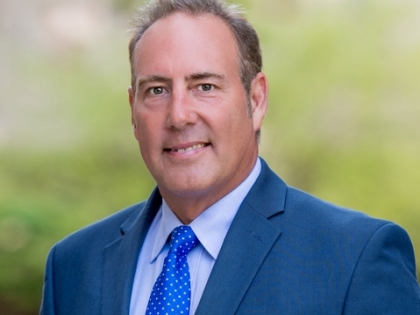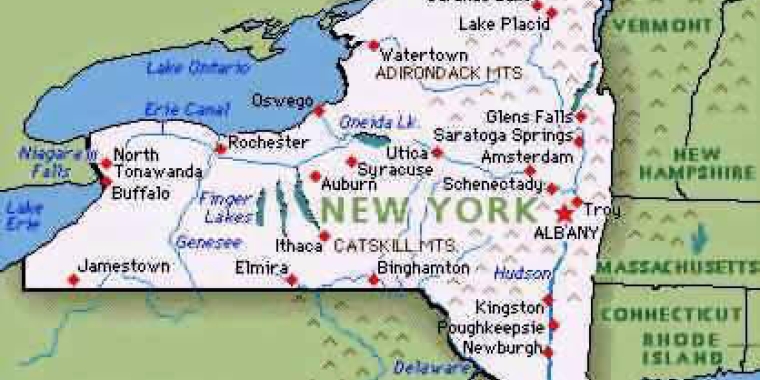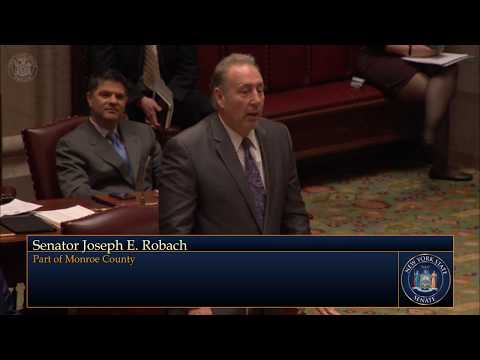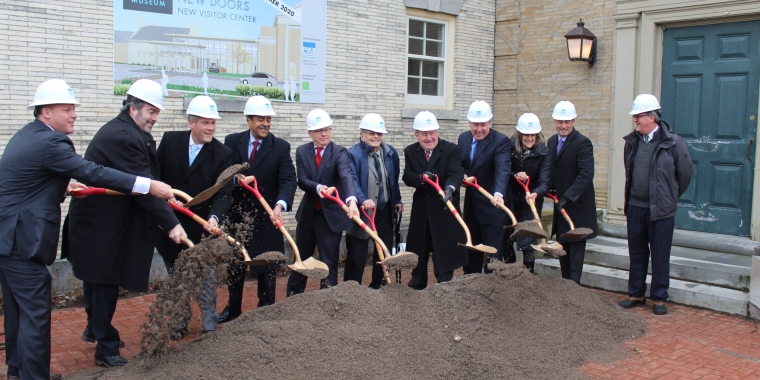
Splitting New York State?

Split New York state? Robach wants to know what counties think
Jill Terreri
Staff writer
Legally, it would be years in the making.
Financially, it might not make sense.
But the gut reaction to what's going on in Albany, at least for some Republican lawmakers, is to take upstate and run away.
"We're completely overwhelmed ... by the policies of New York City," said state Sen. Joseph Robach, R-Greece.
Robach is a sponsor of a bill that would allow counties to put this question to voters: "Do you support the division of New York into two separate states?"
The idea has been around the state Legislature at least since 1991 but has never left committee and is opposed by the current Legislature leadership, making it unlikely to reach the floor for a vote.
"Senate Democrats do not believe in dividing the people of this state and recognize our efforts are best spent growing our economy by lowering the tax burden on homeowners and businesses and investing in a 21st-century infrastructure that includes high-speed rail," said Travis Proulx, spokesman for the Senate majority, in a statement.
"New Yorkers don't want gimmicks," he said, "they want ideas and progress that will help every region thrive."
Even if it were to pass in the state Legislature, every county legislature in the state would have to agree to put it on their ballots and, even then, the referendum would be nonbinding. And if New Yorkers ultimately did agree to a divorce, an act of Congress would be required to admit the new state to the union.
Robach, however, said he "couldn't disagree more" that the measure is a long shot.
He said now, when all statewide and Legislature leaders hail from the greater New York City area, public support is high enough to start seriously talking about separating the two regions.
"I'm just asking to hear the voice of the people on this important issue," he said.
The bill is co-sponsored by Assemblyman Steve Hawley, R-Batavia, Genesee County, and Sens. Michael Ranzenhofer, R-Amherst, and Dale Volker, R-Depew, both of Erie County.
There are more ways to move the initiative than getting it through the Legislature as a single bill. It could be part of a wider ballot initiative, or it could be part of the discussion during a constitutional convention.
The measure comes during a year when the Democratic leadership in the Senate has been plagued with problems, from a leadership coup this summer to an inability to agree on how to close a $3.2 billion midyear budget deficit.
Studies show that New York City and its suburbs, where the state's richest residents are concentrated, pay more in taxes than upstate residents do. But Robach said that by starting over and rolling back taxes and programs supported by downstate lawmakers, upstate could run a cheaper government.
The financial relationship between upstate and downstate was detailed in a 2004 study by the Center for Governmental Research, which found that upstate's rural and urban communities "are significant net recipients of revenue from downstate."
Politically speaking, a separation would give an upstate politician such as Monroe County Executive Maggie Brooks or Rochester Mayor Robert Duffy a realistic chance of running for governor, Robach said.
The bill doesn't specify which counties would make up the downstate region, but it notes that there are "distinct social and political concerns between upstate and downstate New York."



